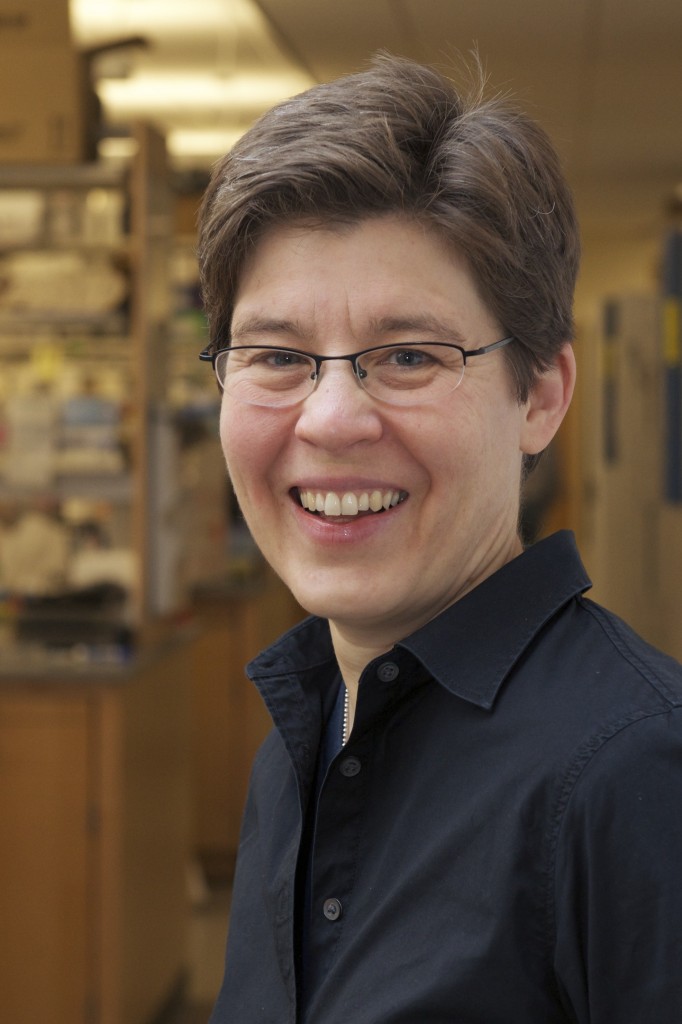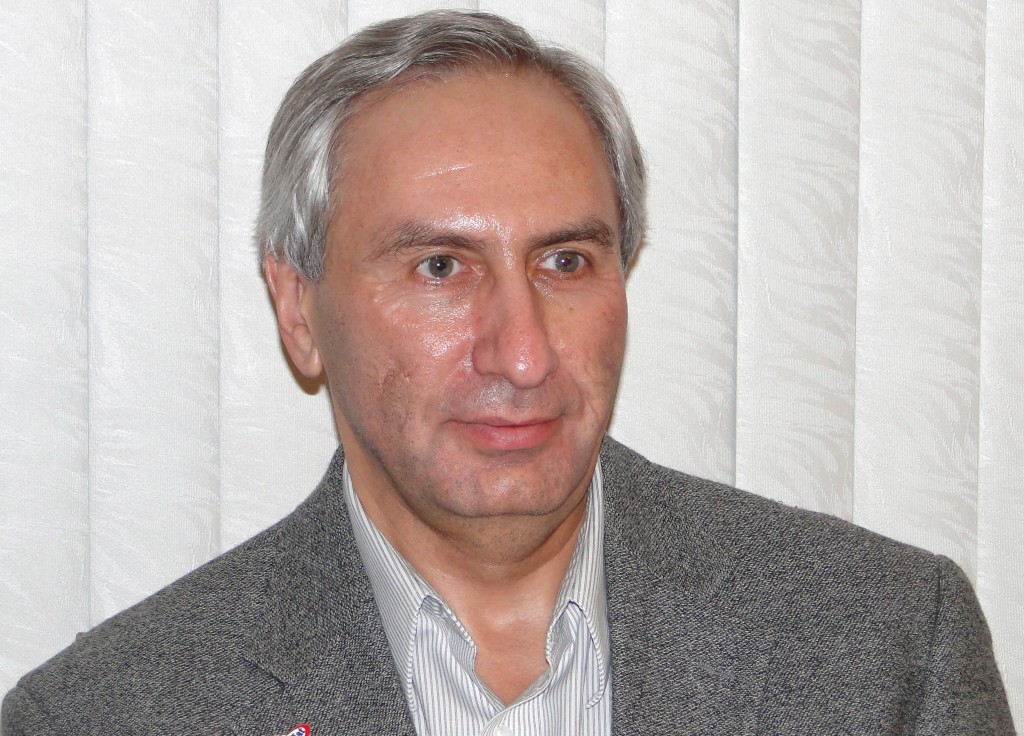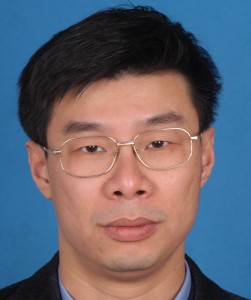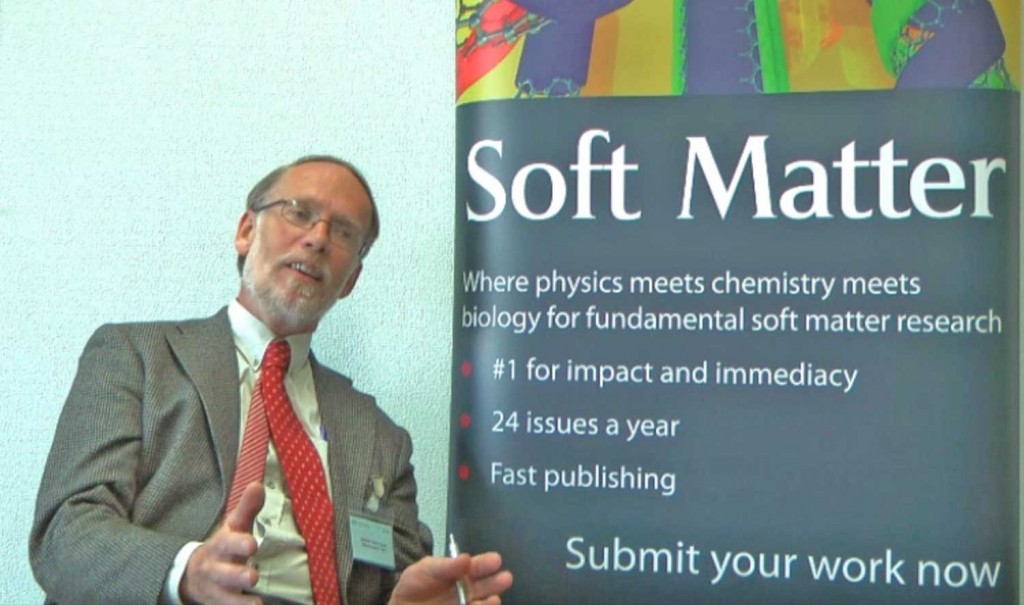| We are pleased to welcome new Associate Editor, Professor Jan K. G. Dhont (Forschungszentrum Jülich and Heinrich Heine University Düsseldorf, Germany) to the Soft Matter Editorial Board. Jan’s research focusses on the study of colloidal systems. He aims to understand the macroscopic, non-equilibrium phenomena that colloid systems exhibit, both with and without external fields such as shear flow, electric fields and confinement; on a microscopic basis. To achieve this he synthesises colloidal dispersions with appropriate and tailored properties and uses a variety of optical and mechanical techniques to probe structure, dynamics and kinetics on a microscopic scale. Jan is currently both a director at Forschungszentrum Jülich and Professor of Physics at the University of Düsseldorf. He has made a significant contribution to the field and to the journal and we are delighted to have him join the Soft Matter team! |
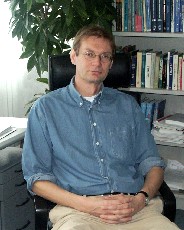 |
To find out more about Jan’s research, take a look at his recent papers:
Thermophoresis of charged colloidal rods
Zilin Wang, Hartmut Kriegs, Johan Buitenhuis, Jan K. G. Dhont and Simone Wiegand
Near-wall dynamics of concentrated hard-sphere suspensions: comparison of evanescent wave DLS experiments, virial approximation and simulations
Yi Liu, Jerzy Bławzdziewicz, Bogdan Cichocki, Jan K. G. Dhont, Maciej Lisicki, Eligiusz Wajnryb, Y.-N. Young and Peter R. Lang
Flow instability due to coupling of shear-gradients with concentration: non-uniform flow of (hard-sphere) glasses
Howon Jin, Kyongok Kang, Kyung Hyun Ahn and Jan K. G. Dhont
An electric-field induced dynamical state in dispersions of charged colloidal rods
Jan K. G. Dhont and Kyongok Kang
As a Soft Matter Associate Editor, Jan will be handling submissions to the journal. Why not submit your next paper to his Editorial Office?











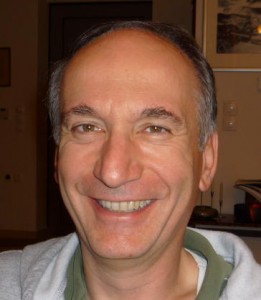
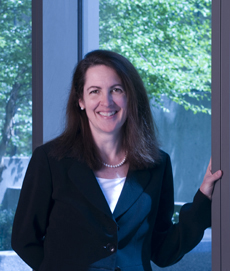
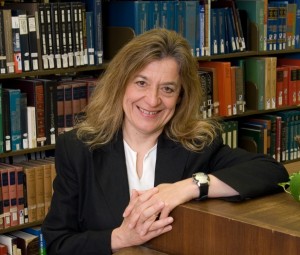
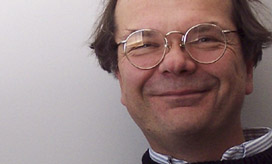 Paul Janmey
Paul Janmey